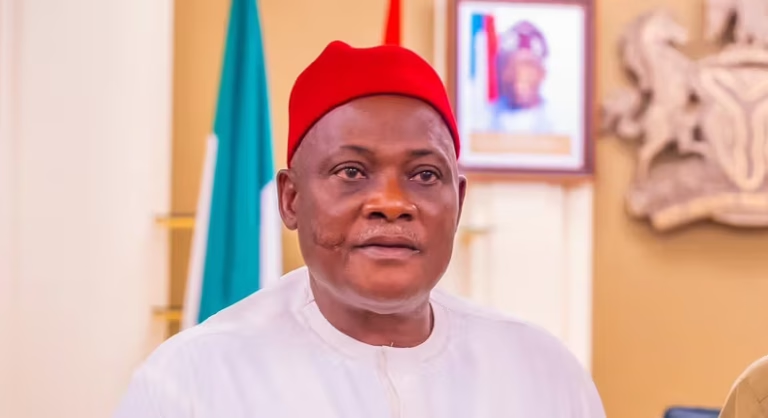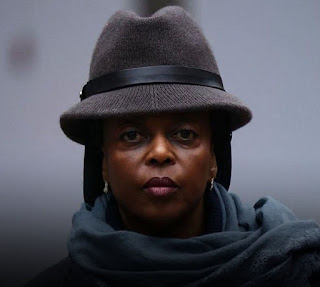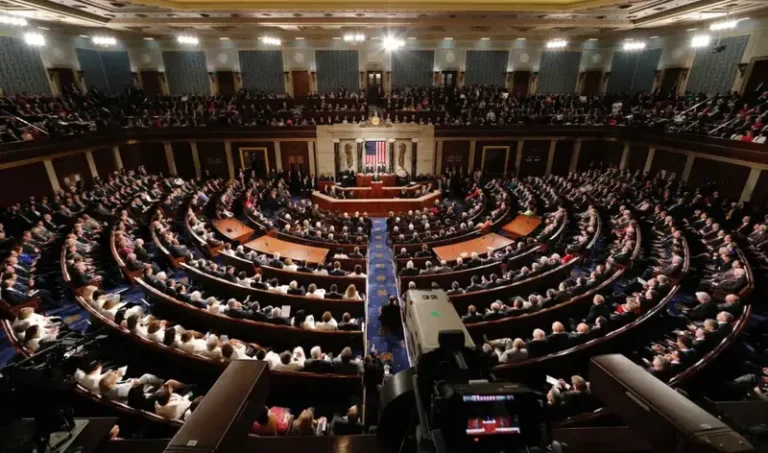
•Analysts recommend domestic counter rate hike
•Equities threatened by both actions
By Nkiruka Nnorom
Nigeria’s economy, particularly the financial sector is faced with the risk of increased capital outflow in 2022 given the proposed interest rate hike by the United States of America’s Federal Reserve Bank (US Fed), equity researchers have said.
Additionally, they said the rate hike would increase the cost of foreign borrowing for Nigeria and possibly cause further depreciation of the Naira.
The US Fed has indicated plan to increase interest rate at least four times this year in response to rising inflation with the first hike expected to happen mid-March when the Federal Open Market Committee (FOMC) meets.
US inflation rate had surged 6.8 percent in November last year, it’s highest since 1982, according to the Labour Department.
The proposed rate increase is the first in three years since the Fed reduced its benchmark borrowing rate to almost zero as the nation confronted a pandemic that threw the global economy into a sudden and shocking tailspin.
Impact on Nigeria
Equity dealers and investment analysts have now indicated that the planned rate hike by the Fed would mean increased attraction of investment to US economy with its fund managers, which constitute the largest foreign investors in the world, pulling their funds out of Nigeria and other emerging markets of the world.
They, however, recommended a corresponding rate hike in Nigeria in order to stem the impact of the planned increase in the US.
Commenting on the situation, David Adonri, Vice-chairman, Highcap Securities, said: “Interest rate hike in the US will increase the attraction of investments to the US economy. It will also strengthen the US Dollar. Consequently, capital inflow to most countries will decline drastically in 2022.
“The Nigerian economy is expected to suffer serious decline in capital importation this year as a result of the US rate hike.
“The Fed rate hike will also increase foreign borrowing cost for Nigeria and possibly cause further depreciation of the Naira. More investors may opt for hard currency as investment option in 2022.”
On the possible impact on the equities market, Adonri posited that the hike would result in reduced portfolio investment inflow.
Already foreign portfolio inflows into the equities market has been on decline. The latest data on domestic and foreign portfolio investment in the stock market for November 2021 showed that foreign portfolio inflow saw a 19.4 percent Year-on-Year (Y/Y) decline to N189.42 billion in November 2021 from N226.13 billion in November 2020.
However, the rate of outflow slowed down, falling by 106.5 percent Y/Y to N209.76 billion from N433.15 billion in the corresponding period in 2020.
The data also indicated that FPI outflows surpassed inflows throughout 2021. For instance, outflows surpassed inflows by 49.9 percent in the first quarter of 2021 (Q1’21) with total outflows standing at N90.12 billion, while inflows stood at N60.11 billion.
In the second quarter (Q2’21) of the year, outflows rose to N116.72 billion, while inflows closed at N105.24 billion, outpacing inflows by 10.9 percent.
The trend continued in the third quarter (Q3’21) with outflows again surpassing inflows by 12.1 percent. For Q3 ’21, outflows stood at N151.811 billion, while inflows were N135.39 billion.
Adonri said: “The equities market is a major platform through which capital is imported into Nigeria via portfolio investment.
“Based on Nigeria’s country risk together with high foreign exchange (forex) risk and negative real return on investment, US Feds rate hike is expected to reduce foreign portfolio investment.
“Capital flight may increase as more funds may actually exit Nigeria in 2022 for the US to take advantage of the rate hike.
“A lot of foreign capital enters Nigeria through the bonds market. With US Feds rate hike, and already existing negative real return on Nigerian bonds and other debt instruments, lesser foreign capital is expected to flow into the bonds market in 2022.
“Foreign investment in Treasury Bills (TBs) is also expected to decline due to US Feds rate hike.”
Agreeing with him, Victor Chiazor, Head, Research and Investments at FSL Securities Limited, an arm of Fidelity Bank Plc, said: “The proposed rate increase by the US Feds if implemented is clearly going to trigger more capital flows out of Nigeria especially given the low interest rate levels in Nigeria currently.
“This will negatively affect both the Nigerian equities market and fixed Income market as investors will exit their positions and move capital back to the US given the higher yield environment and stable currency.”
Also speaking, Emmanuel Onoja, Head, Research at GTI Group, a Lagos based investment banking firm, noted that higher interest rates in the US and other developed markets would, invariably, increase the cost of capital for the emerging/frontier markets like Nigeria, increasing debt burden and capital outflows.
Recommendations
Meanwhile, the analysts have recommended a corresponding increase in the benchmark interest rate in Nigeria to stem the impact of the planned rate increase in the US and keep funds stable in the country.
According to Chiazor of FSL Securities, “The most direct way of attracting or keeping these funds will be to increase our interest rate environment to yields higher than the current inflation level. This will also mean that government interest expense will begin to rise on the back of a high yield environment.
“In any of these scenarios the equities market will struggle as a result of a higher yield environment as funds will be redirected to the fixed Income market.”
Corroborating him, Onoja of GTI Group said: “The rate increase in the US will impact the direction of monetary policy domestically as the Monetary Policy Committee (MPC) of the Central Bank of Nigeria, CBN, may need to hike rates to make Naira assets attractive.
“will mean higher yields on fixed income assets in 2022 and pressure on equities as a higher risk-free rate increases the cost of equity.”
In his own views, Adonri of Highcap Securities said: “The current negative real return on Nigerian capital market investments due to inflation makes yield on Nigerian financial assets unprofitable and uncompetitive at current rates.
“If this is combined with the high forex and country risks, the Nigerian capital market may not be competitive enough in 2022 to withstand the negative impact of US Feds rate hike.
“Except if there is a Nigerian rate hike to correct domestic imbalance and also in response to US Feds rate hike, with current macroeconomic conditions and indicators, capital may exit Nigeria more than inflow in 2022 due to US Feds rate hike.”
Vanguard








